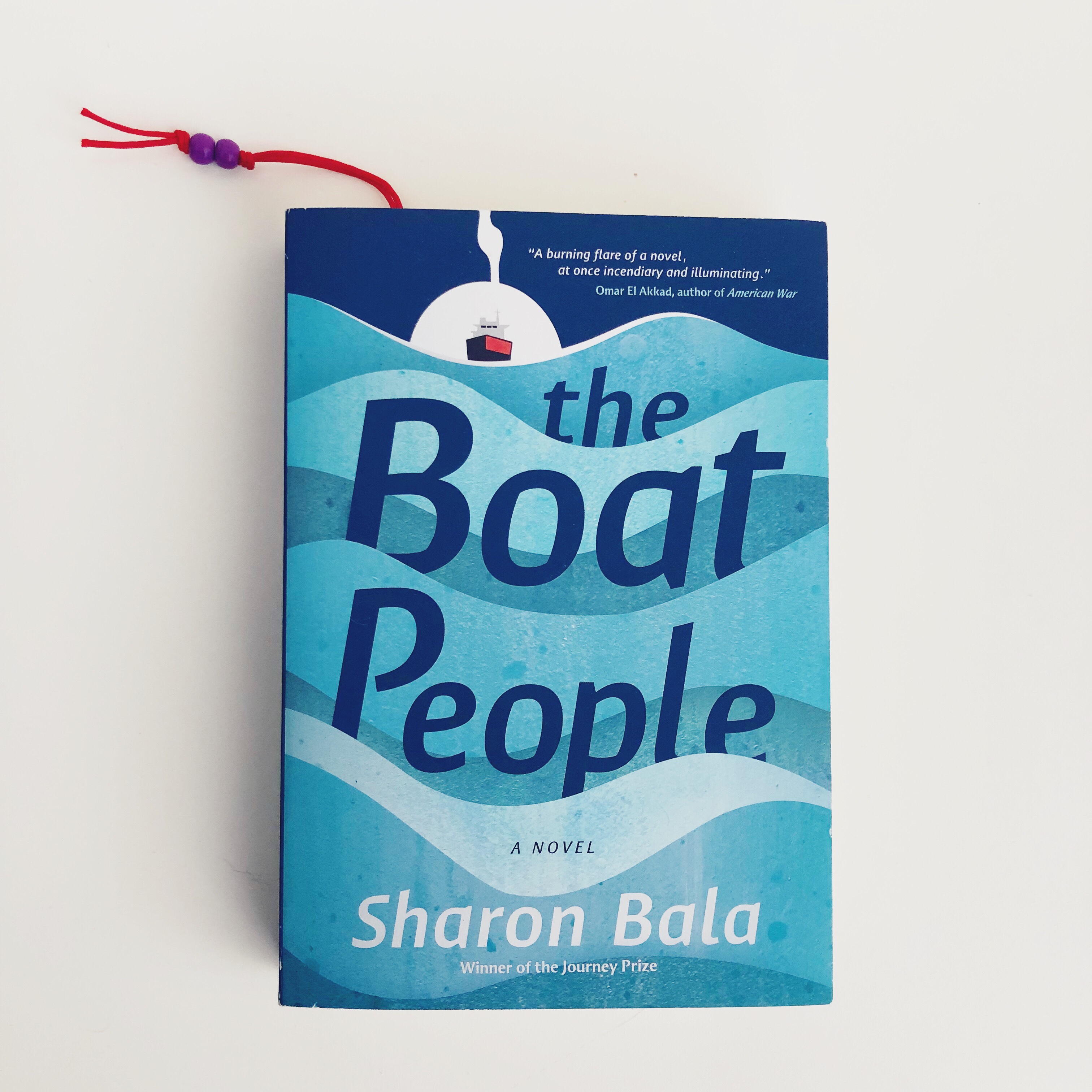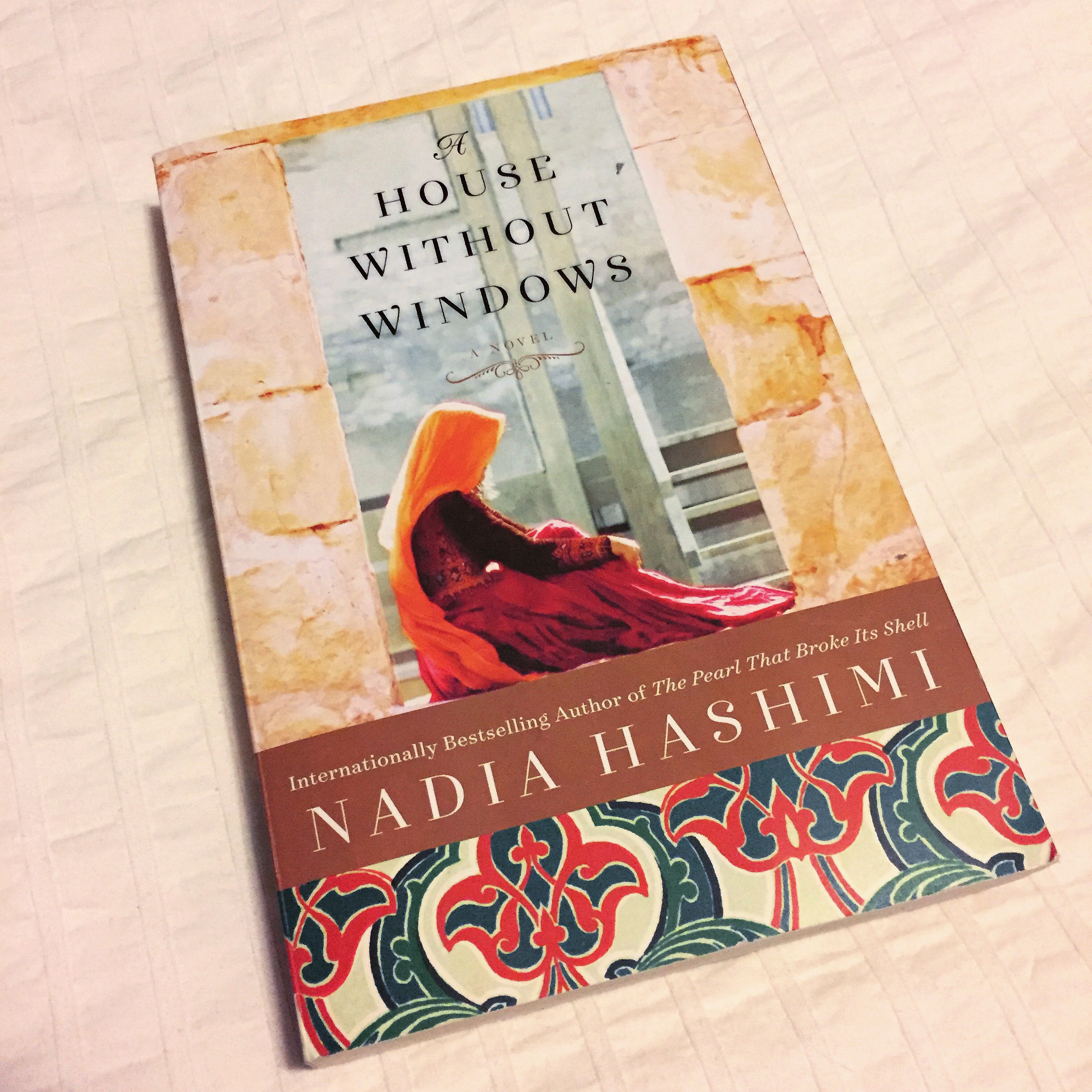
4/5 stars
From the publisher:
Ifemelu–beautiful, self-assured–left Nigeria 15 years ago, and now studies in Princeton as a Graduate Fellow. Obinze–handsome and kind-hearted–was Ifemelu’s teenage love; he’d hoped to join her in America, but post 9/11 America wouldn’t let him in.
Years later, when they reunite in Nigeria, neither is the same person who left home. Obinze is the kind of successful “Big Man” he’d scorned in his youth, and Ifemelu has become an “Americanah”–a different version of her former self, one with a new accent and attitude. As they revisit their shared passion–for their homeland and for each other–they must face the largest challenges of their lives.
My thoughts:
Americanah is an epic love story that tells the tale of Ifemelu, her immigration to the United States from Nigeria, and her eventual emigration back to Nigeria. This is a book about race in America, and Adichie isn’t afraid to tackle difficult topics head on.
When Ifemelu is young, before her immigration to the United States, she falls in love with Obinze. After her departure their relationship fades, and he takes a different path, moving to London where he lives illegally. Though living in different worlds, the two always think of one another, and we spend much of the story wondering if they will become reunited. While in American, Ifemelu dates both a white man and a black American man. Obinze felt like the constant with which these experimental men were measured against – would anyone ever stack up?
Ifemelu is a direct and bold personality, and has no problem with pointing out other people’s faults. I loved her relationship with Curt, the white man; he loved her fully and respected anything she had to say regarding race, loving her natural hair while she was embarrassed by it. Ifemelu, however, always found fault with Curt; she found his racial respect frustrating, as if he could never “get it”. In many ways that is true, as a wealthy white man in American he could never fully understand her experience, but I wanted her to let him in. I found Ifemelu hilarious at times, and incredibly frustrating at others. Maybe that’s because I am the product of an interracial relationship, and I’m in one as well.
The narrative style is unique – we flip between Ifemelu and Obinze, past and present, and my personal favourite: Ifemelus’s blog posts. Ifemelu writes a successful blog about race in America, and choice blog posts are interspersed throughout the book like mini essays. These are essential and poignant, and made much of the book for me. I loved them.
Some of the best moments for me were in the discussion of hair. There is discussion of good hair, nappy hair, conforming through hair, and embracing hair. I’m half black – my mother is Jamaican and my father is Irish/English – and I have curly hair. Not black hair, not wavy hair, but curly. I spent most of my youth hating everything about it, and killing it with flat irons and relaxers (relaxer burn is real!), all the while hoping it wouldn’t rain as to ruin all of my hard work. I eventually decided to stop torturing my hair, grow out the relaxer, and learned to be OK with the stuff that grew out of my head. It was a long journey, but worth it. However, to this day, I feel like my curls don’t look as professional as straight hair does. I long to go swimming without having to consider what frizz reducing and controlling products I’ll have to lug along with me for afterwards. It’s amazing to me how much of a hold hair can have over enjoyment of life, and it was comforting to see this reflected in literature.
It was fascinating to see race through Ifemelu’s eyes – how race only became a prevalent part of her life in America, and when she returned to Nigeria she felt her blackness fade away. I thought about this, and realized that if curly hair were the majority, I likely wouldn’t feel so much frustration towards mine. It’s amazing the impact that culture has on self-worth.
Adichie dives into the election of Obama, which I remember so well. Like the characters in the story, I had similar fears – would someone try to harm him? Could this actually make issues of race worse? It’s fascinating to read this book in the era of Trump, and sad to see that this may have been true. I remember the hope and tears shed when Obama was elected, and appreciate Adichie’s perspective on that moment in history. I’m Canadian, but whatever happens in American always makes its ways over to us in one way or another.
The struggles of immigration are highlighted from two perspectives: Ifemelu’s immigration to America, and Obinze’s illegal immigration to London. They both have struggles and successes, and one particular moment with Infemelu had me in tears. They bother, though in completely different ways, end up returning to Nigeria.
There’s a lot going on with this book, but it was so worth it for me. Adichie is an amazing storyteller, and clearly extremely intelligent. I did take issue with certain sentiments, but will keep the controversy to myself. If you’re interested in the black experience in America, read this book. If you’re not interested in that experience, you must read this book.









